Diya, YI1DZ will be active as Z81D from Juba, South Sudan, starting 14 December 2025.
He will operate on 40-6m Bands, SSB, FT8 and possibly 80 and 60m.
Recent DX Spots Z81D
Z81D Log search QSL via OM3JW, LOTW, ClubLog, eQSL.
Ads for QSL direct:
STEFAN HORECKY, MLYNSKA 2, 900 31 STUPAVA, Slovak Republic.
The Republic of South Sudan: picturesque landscapes and a house of cards economic development
South Sudan, or the Republic of South Sudan, is the youngest African state.
The country gained independence only in 2011. Ethiopia, Kenya, Uganda, the Democratic Republic of the Congo, Sudan, and the Central African Republic are South Sudan's neighbors. The country has only land borders and no sea borders.
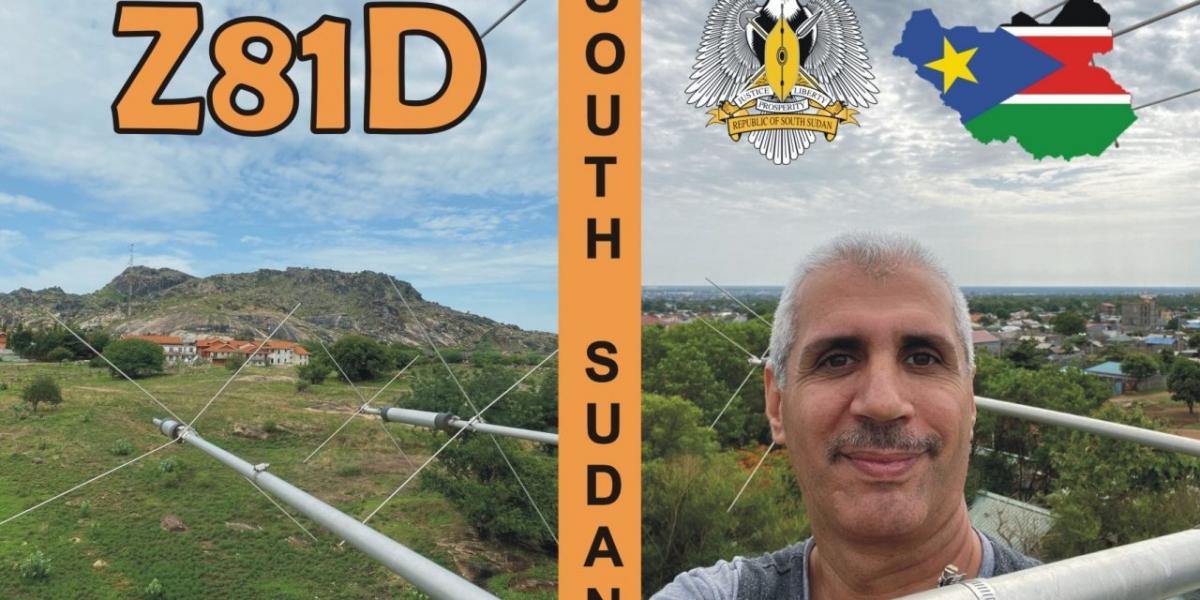 Z81D. South Sudan. New QSL Card.
Z81D. South Sudan. New QSL Card.
Capital: level of development
The capital of the state is the city of Juba. Juba is located in the heart of Africa. According to 2011 data, the population is 372,400. For comparison, in 2007, the population was significantly lower, at 172,700.
The population is growing rapidly, and this is a problem. South Sudan has one of the least developed economies in the world. There is no sewage system, running water, electricity, or even a service responsible for cleaning the territory. Garbage is thrown directly along the road, and the outskirts of the city resemble garbage dumps.
There are no high-rise buildings or luxury hotels in Juba. The entire area is covered with small huts that preserve the spirit of primitive times. People cook on the streets, drink water from the river, which they also use for washing and laundry, and for other household needs.
Note: Since there is no water supply system in the country, water is delivered to residents in special container trucks.
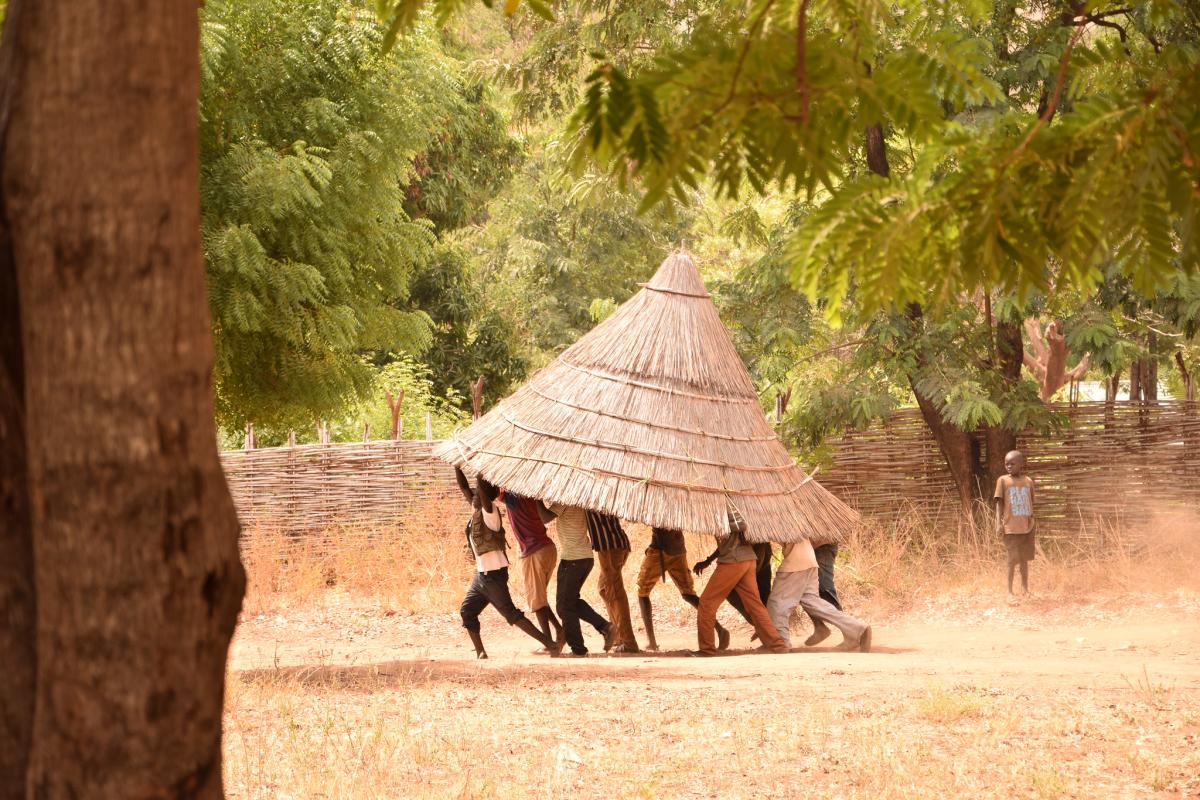
South Sudan. Author - Marko Miljevic.
Suburbs buried in trash
One of the main problems is considered to be modern industry, or rather, the force with which it has swept across the country. Plastic bottles and plastic bags appeared relatively recently. Fifty to eighty years ago, food was wrapped in paper or cardboard. Today, all goods are sold in plastic. It is cheap and convenient, but... polyethylene does not decompose. Many call Africa a primitive country; this world of sun and sand is far from civilization. Although... in stores, you can see plastic chairs, air conditioners, and even hookahs, and cars and motorcycles drive on the roads.
I would like to say a few words about the roads. There are simply none. The road surface consists of dusty tracks, and paved roads are only found in the central part of the capital.
The question of tourism. A ticket to the land of antelopes
Don't expect a VIP vacation in a luxurious villa. South Sudan is only beginning to progress toward the benefits of civilization. When it comes to tourist services, they are in their infancy. There is nothing special to see, except for the picturesque landscapes of the surrounding area. Namely...
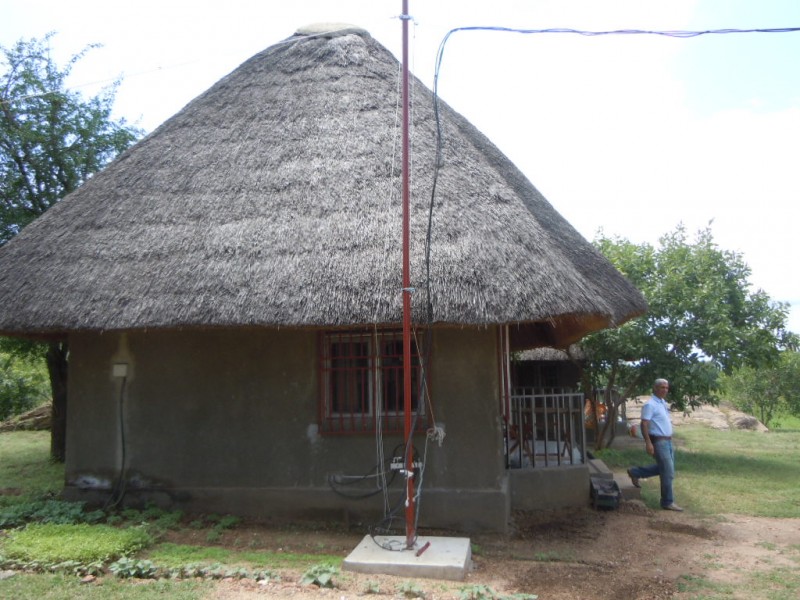
The Burzilo District – in the spirit of folk culture
Once upon a time, the village of the Pari tribe resembled a fairy-tale settlement: small houses with thatched roofs, similar to small bungalows, straw fences, green grass, and a cluster of low but lush trees near a water source. But... during the civil war, soldiers completely destroyed the village, forcing the inhabitants to seek a new home.
War is the scourge of modern society, clearly demonstrating that in a single day, people can destroy what they have built over weeks, months, or years. The country's economy is underdeveloped, but the government has no time or money to find solutions to problems with sewage and water supply, as civil wars take up all its attention and human resources.
Note: Previously, scarification (scarring) in the Nuer tribe was practiced on young men aged 15-18, but today, with the growing need for men, boys as young as 12 are subject to scarification. Soldiers are needed for civil war.
Note: Scarification is a custom of decorating oneself. Both women and men undergo scarification. For men, it is a symbol of adulthood, and for women, it is a decoration. It is believed that the more scars (which are applied in patterns) a girl has, the more beautiful she is. However, not all tribes believe this.
Industrial development
But bread alone does not feed the people, as they say. Oil was discovered in some villages, forcing many residents to leave their homes and search for a new place to live. Now, where people once lived, there are oil rigs. Perhaps the money from selling the fossil fuel will help patch up the hole in the state budget.
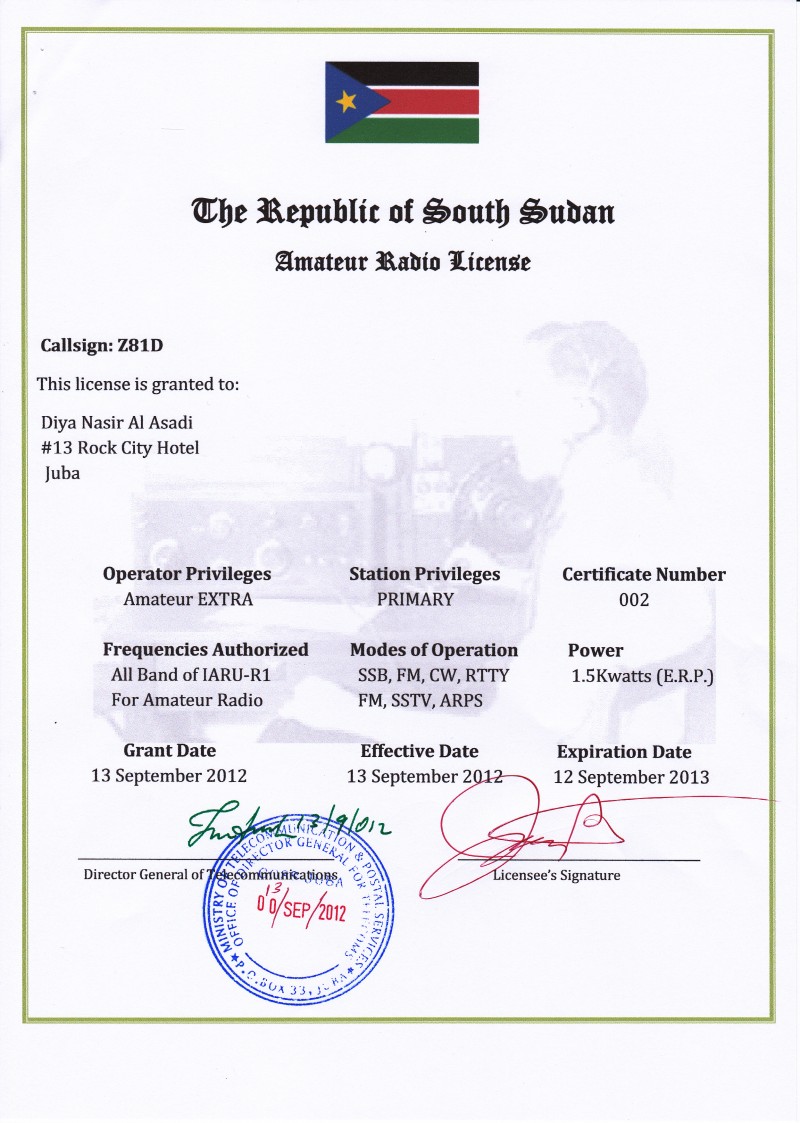
Hotels in Juba: luxury or poverty?
The concepts of luxury and poverty are individual to each person, but when it comes to the Acacia Village hotel, it can safely be called luxurious.
The hotel is located on the western outskirts of the capital, and its territory resembles a cottage village. Hence the name. Each room is equipped with a shower and toilet, TV, and telephone. The infrastructure is quite developed—there is a business center, bar, and parking. Internet service is available.
You can spend your free time in the fitness center and outdoor pool with sun loungers. The grounds are well landscaped and surrounded by greenery, making the hotel feel like a paradise, especially if you have just returned from a walk around the city.
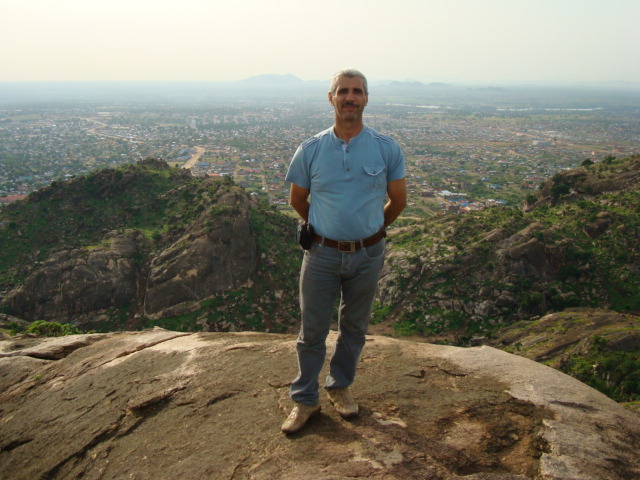
In the embrace of wild nature
If you choose attractions outside the capital, you can immerse yourself in the beauty of the local nature. Boma National Park is an abundance of lush greenery, numerous wild animals, and simply magnificent landscapes untouched by human hands. The park borders Ethiopia, on the other side of which is Gambella National Park. Employees of the two parks conduct joint research, working to protect rare and endangered animal species.
Boma Park was founded in 1986 and consists mainly of savannahs and river floodplains. The availability of water ensures a diversity of animals and birds. Zebras, Mongalla gazelles, hartebeests, giraffes, and white-eared kob are the main inhabitants of the park. African elephants, buffalo, leopards, cheetahs, oryx, and wildebeests have also settled well here.
Interesting fact! Boma National Park is home to the snake eagle and the African sycamore. In addition, the park is home to many species of birds.
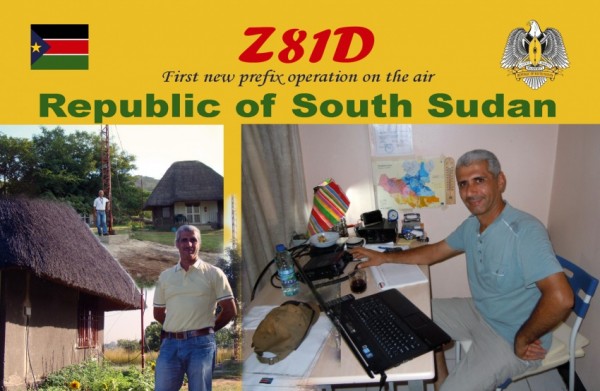
Beliefs and traditions
Want to get married? Bring cows!
There are many tribes in South Sudan, and each remains faithful to its customs.
For example, for the Toposa tribe, a tall girl is the ideal bride. It is believed that tall women make the best wives because they will give birth to tall children. It is customary to present the bride's parents with a gift of 40 to 100 cows. It should be noted that cattle are a key asset for the tribe. They are worth their weight in gold here. The taller the girl, the more cows must be given to her parents for their blessing. Whoever gives the most cows gets the bride. In this case, the rich win.
A funeral? A celebration!
First of all, weddings are not considered a big deal among the locals. The fact is that a man can afford to have several wives. But... when someone dies, it's time to dance! If it is a woman's funeral, the dancing lasts for four days, and if it is a man's funeral, the dancing lasts for three days. Women are held in high esteem here.
Daughter? Wet nurse!
Among many tribes, there is a widespread belief that girls should not go to school. Why? Future wives should stay at home and help with the housework. Although today's government insists that everyone should be educated, often only boys attend school.
And girls... When they turn 13 or 14, they try to marry them off, and for as much as possible! Remember the cows?
A few words in conclusion
South Sudan is an African country covered with tropical and equatorial forests. The rich fauna goes hand in hand with the poverty of the country, where not even the first stone has been laid in the foundation of economic development. Although the first steps are being taken, the lack of money and consensus prevent the country from developing. But... the picturesque landscape and abundance of exotic animals could become the main trump cards for creating the status of a successful tourist center for the state.

